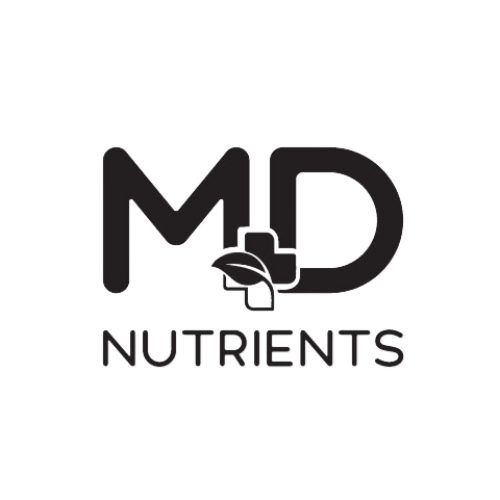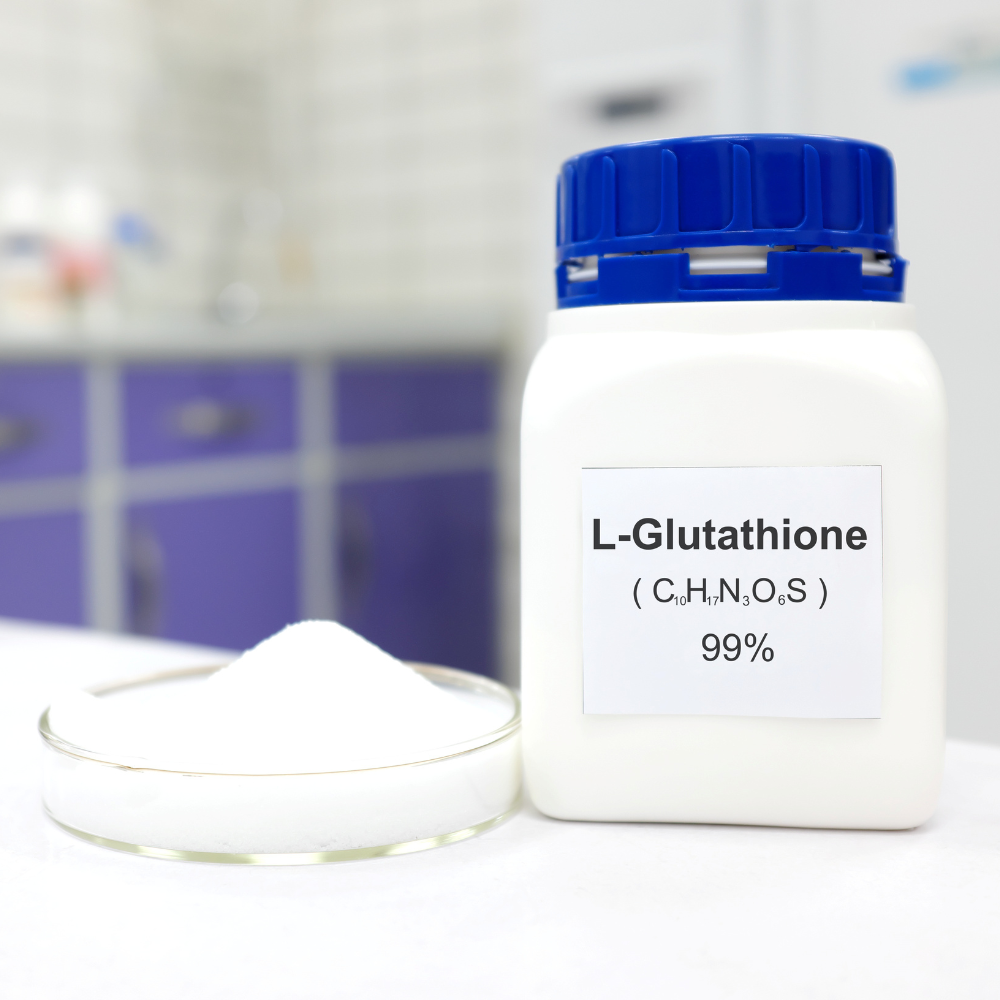Introduction: What Is Glutathione?
Glutathione is a powerful antioxidant that plays a crucial role in maintaining cellular health. Composed of three amino acids—cysteine, glutamine, and glycine—glutathione is found in every cell of the body, with particularly high concentrations in the liver. Known as the "master antioxidant," it helps neutralize free radicals, supports detoxification processes, and plays a pivotal role in maintaining the body's overall health and wellness.
Role of Glutathione in Detoxification
One of the primary functions of glutathione is its role in detoxification:
1. Neutralizing Free Radicals
Glutathione effectively neutralizes free radicals, which are unstable molecules that can cause oxidative stress and damage cells. By scavenging these harmful compounds, glutathione helps protect the body from chronic diseases and supports overall cellular health.
2. Detoxifying Harmful Substances
Glutathione is involved in the detoxification of various harmful substances, including heavy metals, pollutants, and drugs. In the liver, glutathione binds to toxins, making them water-soluble so they can be excreted through urine or bile, facilitating the removal of potentially harmful substances from the body.
3. Supporting Liver Function
As a key player in liver health, glutathione aids in the metabolism of fats and carbohydrates and supports the liver's ability to filter toxins from the bloodstream. A healthy liver is essential for overall detoxification processes in the body.
Benefits for Immune Function and Longevity
Glutathione plays a significant role in supporting the immune system and promoting longevity:
1. Immune Function
Glutathione helps regulate the immune response, enhancing the activity of immune cells such as lymphocytes and macrophages. A robust immune system is crucial for defending the body against infections and diseases. Adequate levels of glutathione can improve the body's ability to respond to pathogens and reduce inflammation.
2. Anti-Aging Effects
Research suggests that glutathione levels decline with age, contributing to the aging process and increased susceptibility to age-related diseases. By combating oxidative stress and supporting cellular health, glutathione may play a role in promoting longevity and reducing the risk of chronic illnesses, including cardiovascular diseases and neurodegenerative disorders.
3. Enhancing Recovery
Athletes and individuals engaging in intense physical activity can benefit from glutathione supplementation. It helps reduce exercise-induced oxidative stress, supports recovery, and may enhance performance by improving endurance and reducing muscle fatigue.
Sources of Glutathione and Supplements
While the body produces glutathione, dietary sources and supplementation can help maintain adequate levels:
1. Dietary Sources
Certain foods can support the production of glutathione in the body, including:
- Cruciferous vegetables: Broccoli, Brussels sprouts, and kale are rich in compounds that enhance glutathione synthesis.
- Garlic: Contains sulfur compounds that boost glutathione levels.
- Onions: Also rich in sulfur, they support antioxidant defenses.
- Avocado: A good source of healthy fats and antioxidants that can help increase glutathione levels.
- Spinach and other leafy greens: These foods are rich in nutrients that support overall antioxidant activity.
2. Glutathione Supplements
Supplements are available in various forms, including:
- Reduced glutathione: This form is readily absorbed by the body and is the most common supplement.
- L-cysteine and N-acetylcysteine (NAC): These precursors to glutathione can help increase its levels in the body.
- Liposomal glutathione: This formulation enhances absorption and bioavailability, allowing for greater efficacy.
Choosing Effective Glutathione Supplements
When selecting a glutathione supplement, consider the following:
1. Formulation
Choose a supplement that contains reduced glutathione or a form that enhances bioavailability, such as liposomal formulations.
2. Purity and Quality
Look for products that are free from fillers, additives, and artificial ingredients. Third-party testing for quality and potency can provide assurance of the supplement's effectiveness.
3. Dosage
Check the recommended dosage on the label. Individual needs may vary based on factors like age, health status, and specific health goals. Consulting a healthcare professional can help determine the appropriate dosage for your needs.
Conclusion: Enhance Health with Glutathione
Glutathione is a vital antioxidant that plays a critical role in detoxification, immune function, and overall health. By understanding its benefits and incorporating dietary sources or supplements, you can support your body's natural defenses and promote longevity. Whether you're looking to enhance your immune response, support liver function, or reduce oxidative stress, glutathione can be a valuable addition to your wellness regimen. Prioritize your health by ensuring optimal glutathione levels and enjoy the myriad benefits this powerful antioxidant has to offer.


